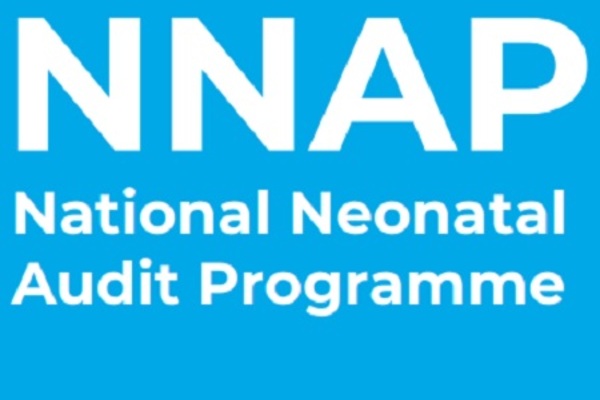The National Neonatal Audit Programme (NNAP) have published their Annual Report 2019 on 2018 data. The report highlights the key findings and recommendations from the analysis of the data provided by neonatal units on the admissions of babies for neonatal care in England, Scotland and Wales in 2018.
Several key messages emerged from the National Neonatal Audit Programme's (NNAP's) dataset in 2018, including:
- Rates of mortality in very preterm babies (less than 32 weeks' gestational age) until discharge home or 44 weeks' post menstrual age, whichever occurs sooner, vary widely by network of care from 4.9% to 9.8% adjusted rate. Adjusting for background characteristics does not explain the variation.
- Processes such as administration of antenatal magnesium, screening for retinopathy of prematurity and measures of parental partnership in care show widely divergent practices between different neonatal units and networks.
- Neonatal outcomes such as bronchopulmonary dysplasia, necrotising enterocolitis and late onset neonatal infection vary between neonatal units, in a way that is unlikely to be explained by differing patient characteristics.
- Nurse staffing levels on neonatal units are below national recommendations. Overall, 64% of shifts (80,642 of 126,240) are numerically staffed according to national guidelines. 44% (37,935 of 86,139) of shifts have sufficient staff qualified in speciality. Only 21 of 53 NICUs had half or more of their shifts with sufficient staff qualified in speciality.
- Outcomes for very preterm babies are improved when they are cared for in a NICU from birth. 74.3% of babies born at less than 27 weeks' gestational age were born in a NICU. This is a slight improvement on 2017, when the rate was 73.9%. 3 of the 15 neonatal networks achieved the developmental standard of 85%.



